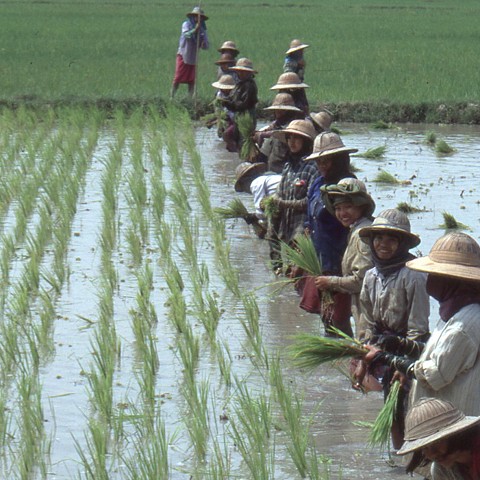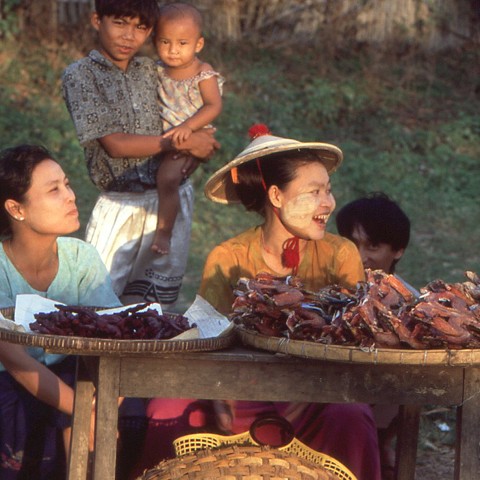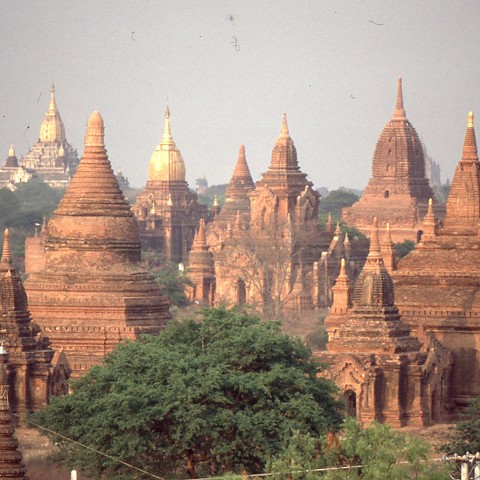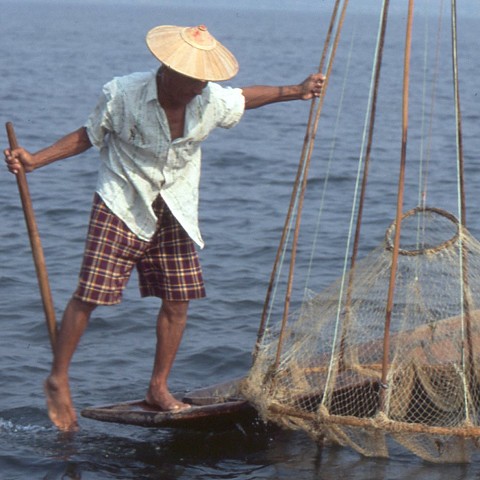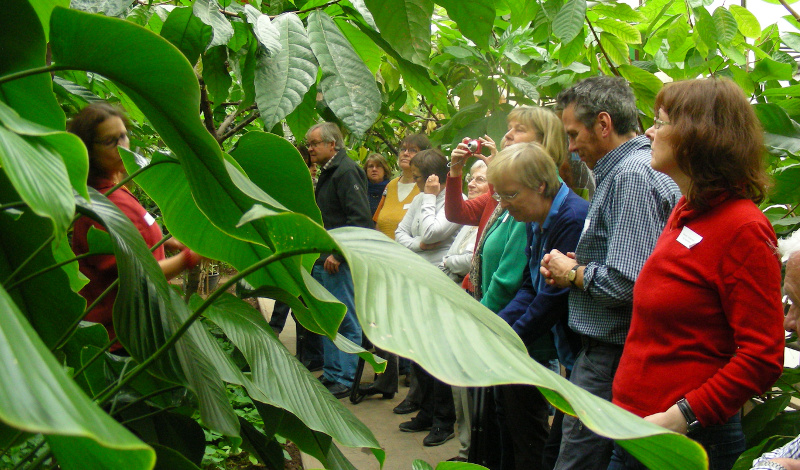Prof. Dr. E. Schlecht, Dr. C. Hülsebusch
Myanmar, March 13th – 29th 2015
Landuse changes on the way to democracy – the Case of Myanmar
From March 13th to March 29th, 2015, a group of 21 Students and 6 faculty from the University of Kassel at Witzenhausen, the University of Göttingen, and DITSL Witzenhausen followed through a very interesting, instructive and also physically taxing schedule in Myanmar, studying the country’s agricultural and forestry sectors with view to landuse changes on the way to democracy – the Case of Myanmar.
The Republic of the Union of Myanmar hosts a variety of different ecological zones and agricultural and forest landscapes. Smallholders dominate the agriculture sector. They operate in a similar bio-geophysical environment as their Thai neighbours, but in a different political and economic setting. Independent since 1948 and under military regimes since 1962, the country entered into a democratic process only in 2011. Consequently, all economic sectors of the country currently undergo major transformational change. The 2015 excursion particularly focussed on these transformation processes.
The 2-weeks study tour was organized in cooperation with Yezin Agricultural University in Pyinmana and received financial support from: DAAD (German Academic Exchange Service via PROMOS at the Universities of Kassel and Gottingen), Foundation fiat panis Ulm, Hochschulverband Witzenhausen e.V., Freundeskreis Wilhelmshof e.V. Witzenhausen, Universitätsbund Göttingen e.V., German Institute for Tropical and Subtropical Agriculture – DITSL GmbH Witzenhausen, Faculties of Agricultural Sciences / Forest Sciences and Forest Ecology / Economic Sciences of the University of Gottingen, Faculty of Organic Agricultural Sciences FB11 of University of Kassel.
The excursion aimed at a deeper understanding of the processes and effects of transformation in agriculture, forestry and fisheries by visits to a variety of producers, processors and projects, demonstrating the diversity from large to small scale, from intensive to extensive, and from collective to individual in a dynamic South-East Asian country.
